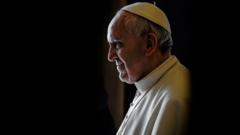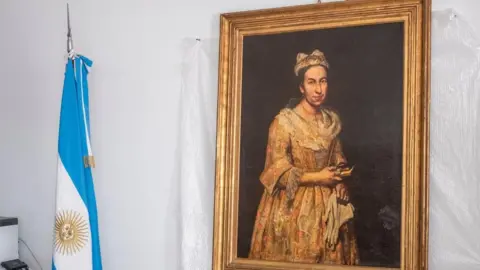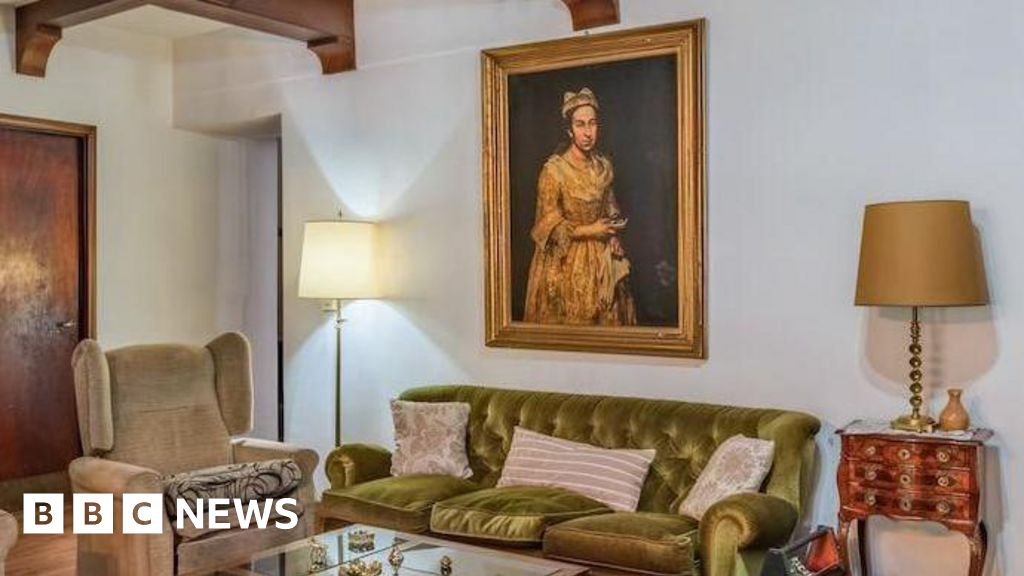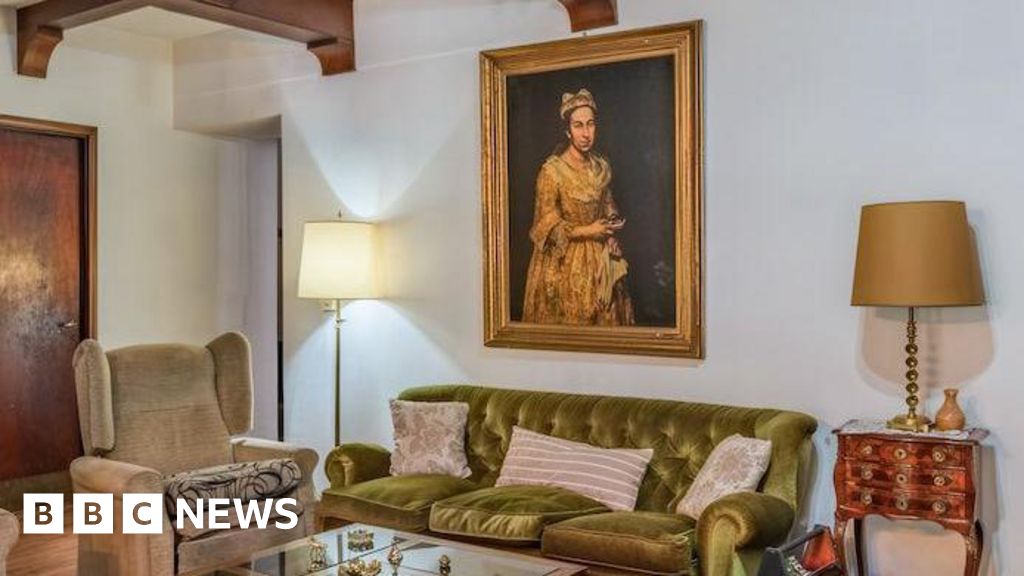Pope Francis, the first Jesuit and the first Pope from Latin America, has marked the Catholic Church with a series of notable firsts since his election in 2013. Cardinal Jorge Mario Bergoglio's ascent to the papacy was not just groundbreaking in geographical terms but also emblematic of a shift in the Church’s approach to leadership and global issues. He was the first non-European leader of the Vatican in over a millennium and took the name of St. Francis of Assisi in homage to simplicity and humility.
Upon assuming office, Pope Francis quickly set out to redefine the role of the papacy. His first public appearance signaled a departure from tradition; he appeared on the balcony of St. Peter's in plain white attire, emphasizing his preference for modesty over opulence. He famously shunned the papal limousine, opting instead to take the bus with fellow cardinals, reflecting his profound commitment to a Church that serves the underprivileged. His vision was clear: "Oh, how I would like a poor Church, and for the poor," he emphasized.
From his early days, Francis faced resistance from the traditionalists who favored his predecessor, Benedict XVI, and were critical of his progressive stance on social justice themes. While he worked towards healing divisions within the Church, including efforts to mend historical rifts with Eastern Orthodoxy, he simultaneously maintained a firm stance on traditional Church teachings involving issues like abortion and contraception.
Born on December 17, 1936 in Buenos Aires, Argentina, Bergoglio's life story is rich with cultural and personal complexity. His family fled Italy to escape fascism, setting the backdrop for a life dedicated to social justice that would later define his papacy. Early accusations concerning his silence during Argentina's Dirty War haunt his legacy, casting shadows over his reputation as a champion for the oppressed. Critics allege he did not adequately protest against the military regime, while supporters argue he navigated a perilous environment.
As the pontiff, Francis faced a myriad of challenges, most notably the widespread clerical sexual abuse crisis that demanded accountability and transparency. His critics claimed he did not address these issues vigorously, while his supporters acknowledged that systemic change within the Church required delicate handling. Notably, he took significant steps to address abuse scandals, including defrocking former cardinal Theodore McCarrick, emphasizing zero tolerance for such behavior within the ranks.
Beyond the immediate Church issues, Pope Francis also engaged in broader global dialogues, advocating for climate action, interfaith cooperation, and conflict resolution. His engagement with leaders from various backgrounds underscored his role as a global moral voice, even as he faced mounting health challenges, including hospitalizations due to pneumonia.
Pope Francis leaves a mixed legacy filled with hope for continued reform and adaptation toward a Church that reflects a more global and compassionate outlook. As he prepared to retire, he expressed a vision of a Church that must not be insular or self-contained but should venture out to engage and heal the world. His appeal for a Church that prioritizes the "wounded" over a "sick, withdrawn Church" underlines the essence of his transformative mission. Regardless of differing opinions on his methods and doctrinal positions, Pope Francis’s tenure is undeniably one of significant change and dialogue within the Catholic Church.


















